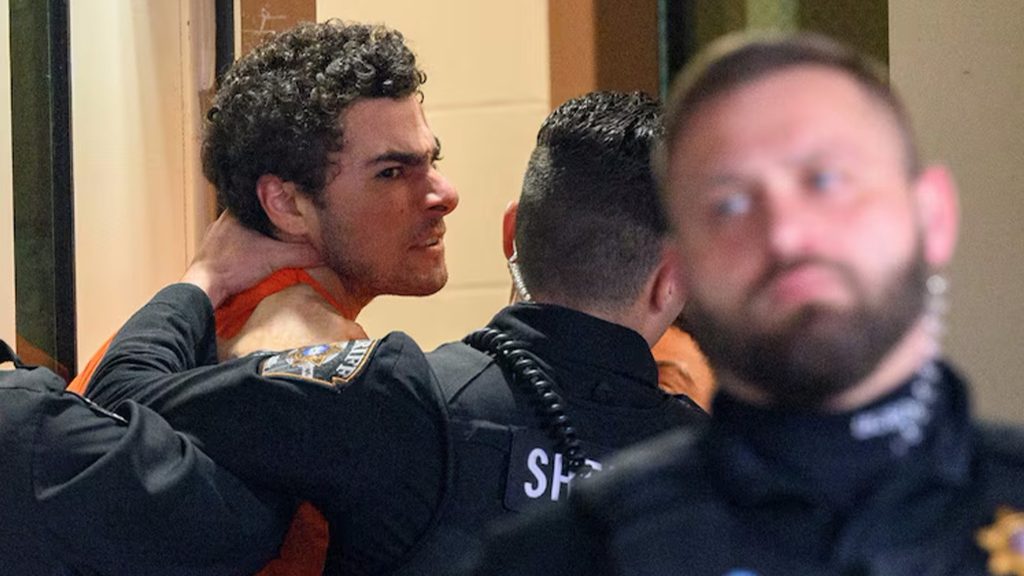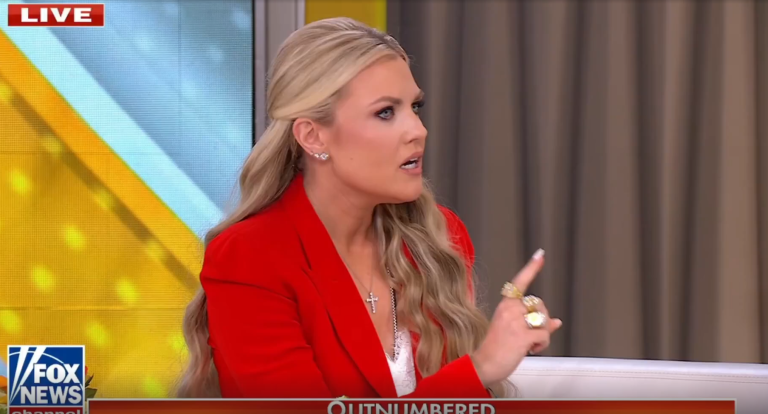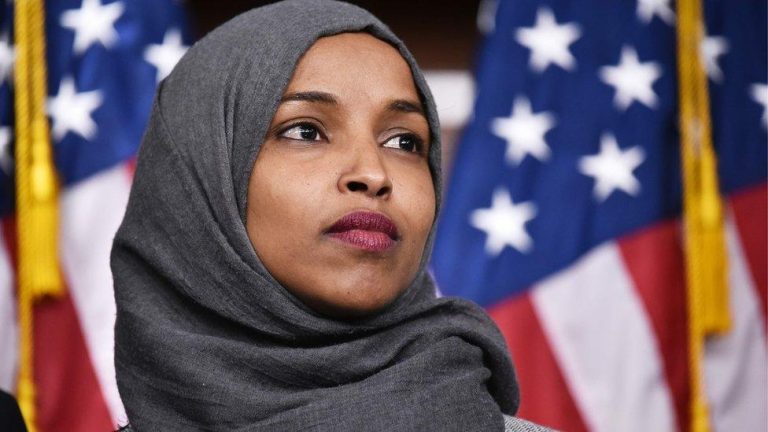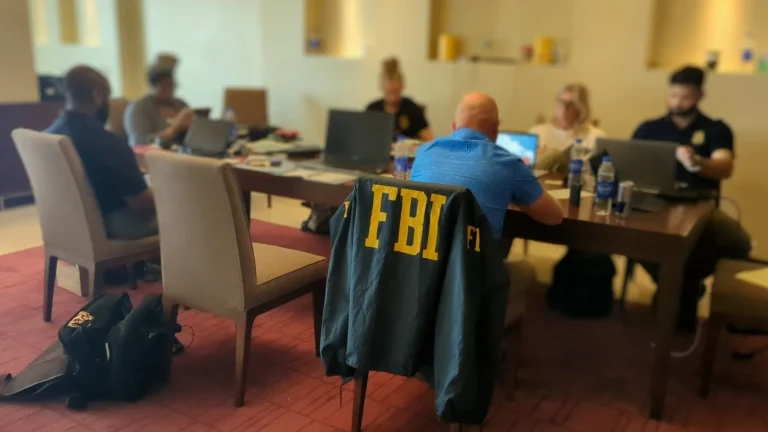
New York, NY – June 2025 — New details have emerged in the case against Luigi Mangione, the 27-year-old accused of fatally shooting UnitedHealthcare CEO Brian Thompson in Manhattan last December. Court documents unsealed this week reveal that Mangione left behind a personal journal outlining his frustrations with the healthcare system—and a detailed plan to carry out what prosecutors call a politically motivated killing.
According to prosecutors, Mangione was arrested on December 9 at a McDonald’s in Altoona, Pennsylvania, shortly after the fatal incident. A red notebook found in his possession contained several months’ worth of personal writings that described not only his resentment toward the U.S. health insurance industry but also his intention to make a violent statement against it.
The Manhattan District Attorney’s Office disclosed the journal entries in response to a defense motion seeking to dismiss the charges. Mangione, who faces both state and federal counts, has pleaded not guilty.
A Calculated Plan Rooted in Anger at the Healthcare System
Prosecutors say Mangione’s journal outlines his belief that health insurers, particularly UnitedHealthcare, symbolize everything wrong with America’s healthcare system. In entries dated as far back as August 2024, Mangione wrote that he no longer questioned the moral justification of his actions. He described feeling “certain” about the steps he planned to take and identified an upcoming UnitedHealthcare investor conference as the ideal setting for what he called a “targeted strike.”
– Mangione wrote in his diary: “I finally feel confident about what I will do. The details are coming together. And I don’t feel any doubt about whether it’s right/justified. I’m glad-in a way-that I’ve procrastinated bc it allowed me to learn more about [UnitedHealthcare].”
“The target is insurance. It checks every box,” he continued in the August 15 entry.
“The health insurance industry checks every box,” one journal entry reportedly reads, suggesting his focus was systemic, not personal.
Mangione allegedly rejected the idea of a mass casualty event, insisting that such attacks would alienate the public. “Bombs equal terrorism,” he wrote, adding that his intent was to highlight corporate greed, not harm innocent people. He believed a single, high-profile attack would bring attention to what he viewed as widespread injustice in the for-profit health system.
From Ivy League Scholar to Fugitive
Mangione, a former high-achieving student and Ivy League graduate, reportedly disappeared from the lives of family and friends during the months leading up to the shooting. Known for his once-active social media presence, he went silent online around mid-2024. Concerned friends began posting messages asking about his whereabouts as early as October.
By December, police say Mangione confronted Thompson on a public sidewalk near the investor event and opened fire. Thompson, a father of two, was pronounced dead at the scene.
Authorities later found three 9mm shell casings at the crime scene engraved with the words “delay,” “deny,” and “depose”—terms commonly associated with criticism of insurance claim practices.
Fallout Inside the Health Insurance Industry
In the wake of the attack, prosecutors say the health insurance sector has faced a wave of threats and heightened anxiety. UnitedHealthcare employees began receiving death threats, with some doctors requesting to have their names removed from correspondence out of fear of retaliation. Others reportedly resigned.
The company responded by boosting security at its facilities, removing executive profiles from its website, and advising employees not to wear company-branded clothing. More than 40 executives were given personal protection, and at least one individual moved to a different home and changed her appearance following online threats.
Police were also deployed to protect UnitedHealthcare offices in New York and Minnesota, as law enforcement agencies warned that online rhetoric could inspire additional acts of violence.
A Symbol of Outrage Against Corporate Healthcare?
Despite the charges against him, Mangione has developed a polarizing following online. While many have condemned the violence, others—frustrated by years of denied claims and unaffordable premiums—have expressed support. A crowdfunding campaign launched on Mangione’s behalf has raised over $1 million.
A 2023 survey by the Kaiser Family Foundation (KFF) found that most insured adults in the U.S. reported having at least one issue with their health insurance, including coverage denials or high out-of-pocket costs. Prosecutors argue Mangione exploited that frustration to justify a premeditated act of domestic terrorism.
Although Mangione had no active insurance policy with UnitedHealthcare in the decade before the attack, prosecutors say he chose the company due to its size, influence, and status as the largest health insurer in the country by market value.
“The goal was fear, disruption, and a message,” prosecutors wrote in a recent court filing. “He wanted to intimidate the industry and make sure investors thought twice before funding it again.”
What Comes Next
Mangione remains in custody as the legal process continues. His defense team has not commented on the latest revelations but continues to pursue motions to challenge the charges.
Meanwhile, UnitedHealthcare and other major insurers are reevaluating executive security protocols amid growing concerns about workplace safety and online threats linked to industry backlash.
The case raises uncomfortable questions about corporate accountability, mental health, and the growing extremism surrounding America’s healthcare debate. Whether Mangione acted alone or unintentionally inspired a movement, prosecutors warn the consequences are far-reaching—and still unfolding.


